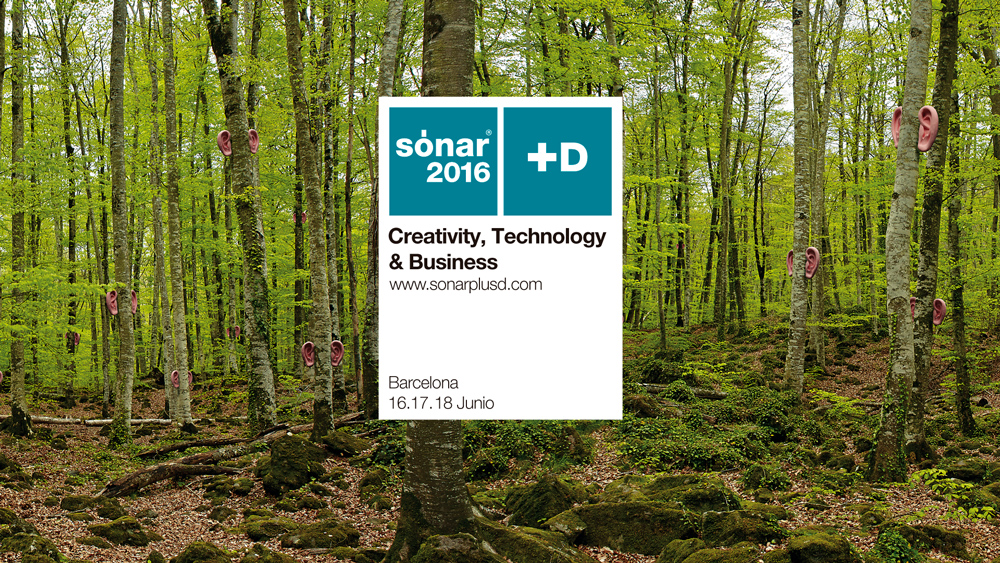
As we await the opening of Sónar + D, the international conference integrated into Sónar, the festival that looks into the digital transformation of the creative industry and seeks to generate exchanges and opportunities, it’s time for a closer look at the various sections the event is divided into: Congress, Expo Area and Live Performance.
Today we will be focusing on the Congress section, which – in the context of the three phases the festival is split into with a view to ideally mirroring the phases that make up creativity – refers to “how ideas are conceived”. Encounters, conferences, demo presentations and workshops all form part of this series of events that bring together key figures of technological innovation in all sectors of industry and creativity: tireless experimenters, visionaries able to open up our eyes and minds to the new era we’re living in, able to draw us in to play an active part in it and transmit a flexible mindset, a mindset open to dialogue. One part of this section is the Start Up Competition, which offers visibility to start-up ideas and the opportunity to receive an award from a jury of experts.
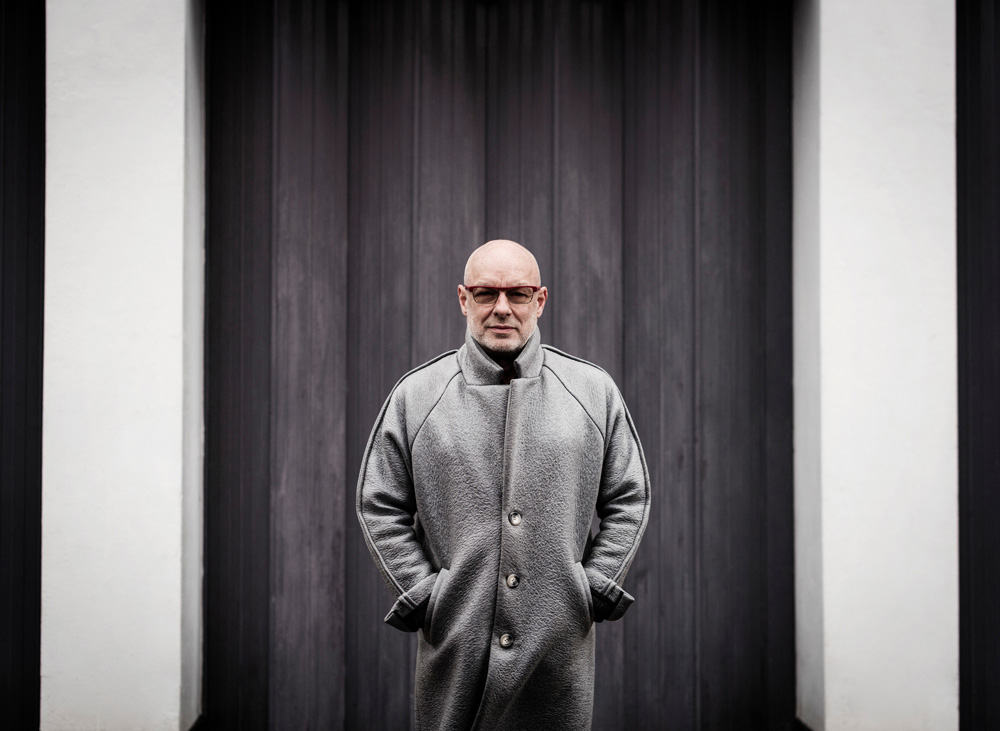
On day one of the encounters, the first in the series of talks will be given by Brian Eno, the eclectic artist and composer renowned worldwide not only as the father of ambient music, but for his work alongside artists such as Robert Fripp and Laurie Anderson, as well as stars such as U2, Coldplay, David Bowie and Talking Heads. His interdisciplinary approach places him both within and outside of all kinds of genres and disciplines, with a vision of art, science and technology invariably ahead of his time, indeed of any time. His presence is of particular significance in a Festival that was conceived and continues to evolve from an interdisciplinary prospective, looking towards the future.
His contribution will be followed by others from a whole host of figures from the worlds of art, music and creative entrepreneurship, each just as visionary as the next. They will include Raphael Silva, who will be presenting Ludwig, an application that transmits musical experiences and is part of the Amaphiko platform open to social changemakers.
Paul Weir, sound director of the action game No Man’s Sky, developed by Hello Games, will be revealing some of the technical secrets behind procedural sound, a computing process for generating sound in real time using the code of the games.
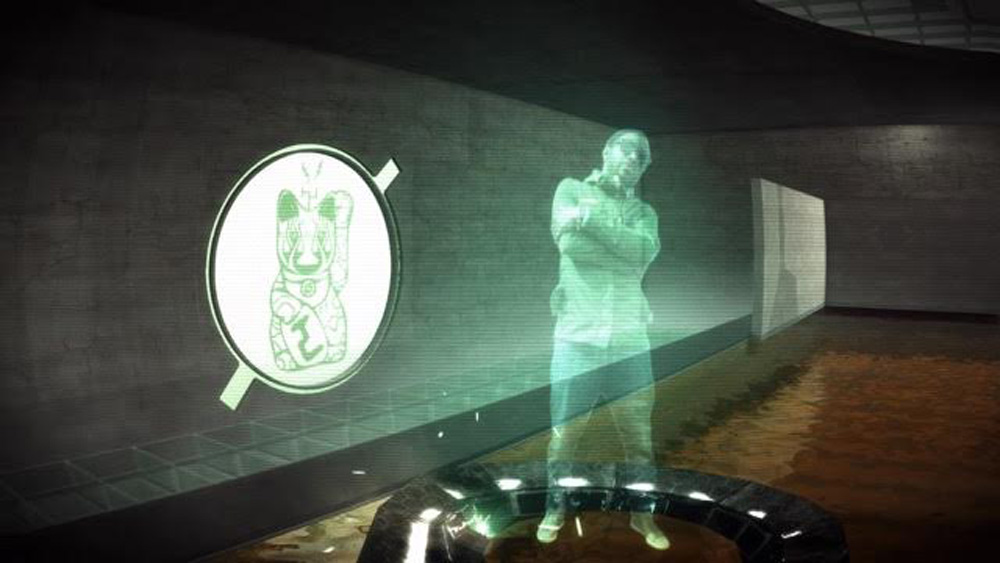
The musician Kode9 (a pseudonym behind which we find one of the many profiles of Steve Goodman) and the artist Lawrence Lek, present at the Festival with their collaborative project The Nøtel (live on Friday 17 June), will be interviewed by the journalist Lisa Blanning, and will be revealing a number of hitherto unknown aspects of their research, both individual and collaborative.
This will be followed by the opening of Decentralized, a conference within the conference, in which a group of artists, entrepreneurs and activists will be discussing methods and potential for building structures able to handle data independently from the big businesses that control internet.

This section will be opened by Jacob Appelbaum, an independent journalist, cyber activist, computer security researcher and hacker (amongst other things, a member of the Cult of the Dead Cow group), known for having worked closely with Julian Assange and for representing Wikileaks on a number of different public occasions and also inevitably facing a number of legal battles.
Markus Sabadello, a pioneer in the field of research into the relationship between identity and internet, will be presenting FreedomBox, initiated by Eben Moglen at Colombia University’s Software Freedom Law Center, a personal server that offers the opportunity to share data directly P2P (Peer to Peer), without the need for the data to pass through social groups controlled by big businesses such as Facebook (owned by Google).
A discussion will be held on the sustainability of composers of music in the digital era, moderated by Vickie Nauman, a specialist in content management strategies where music meets technology. The talk will feature exchanges between Oliver Franklin Wallis, associate editor of WIRED (UK); Allen Bargfrede (associate professor at the Berklee College of Music and director of Berklee’s Rethink Music) and Steve Mayall, co-founder and managing director of Music Ally.
The day will come to an end with the journalist Philip Sherburne interviewing the well-known producer Jean-Michel Jarre; the two will be discussing the state of the art of digital music and how cutting-edge technology can be used in live shows.

The following day, 17 June, will begin with Adam Clarke, whose name is closely identified with the popular Minecraft, conceived and widely known as a video game that also aspires to be an educational tool for social change.
A number of members of the Google Data Arts and Domestic Data Streamers teams, moderated by Olga Subirós, will be offering new storytelling models for the Big Data era.
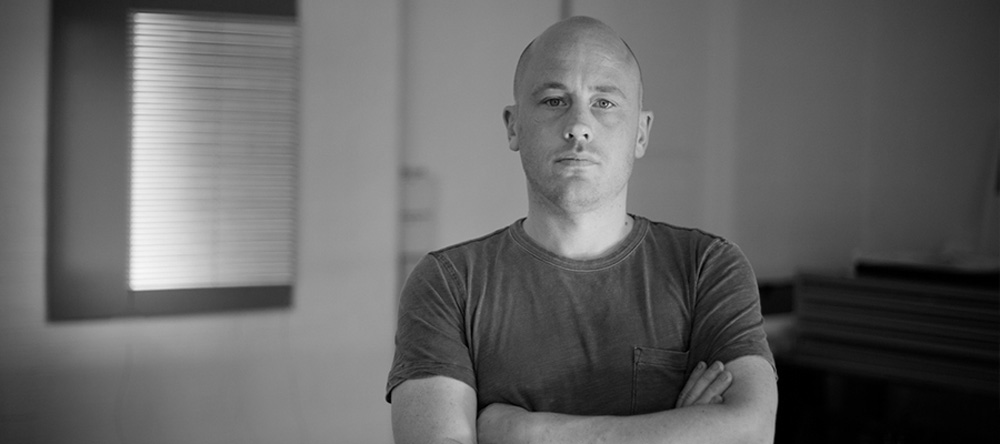
Matt Clark will be presenting UVA, a collective of professionals of which he is co-founder and creative director, well-known worldwide for their spatial design work, commissioned by a number of different institutions and other clients, ranging from museums to bands of the calibre of Massive Attack and U2. These will be followed by a host of other contributions, and the day will end with a special masterclass given by the artist and music innovator Richie Hawtin. In an interview with McGlynn, Hawtin will be presenting his latest mixer model, developed along with the engineer Andy Rigby-Jones, demonstrating the huge potential that exists for combining technological and analogue instruments.
![]()
In a discussion moderated by the physicist Josep Perellu, the English duo Semiconductor, who created the Earthworks installation for SonarPLANTA, will be joining Felix Hallwachs, the CEO of Little Sun solar lamp (created in collaboration with Olafur Eliasson in 2012), and the artist and photographer Armin Linke to reflect upon the new era shaped by the intervention of Man and technology on the environment and thus defined by the Nobel prize winning chemist Paul Crutzen as the Anthropocene.
Taking place parallel to this programme of talks will be a number of encounters in the demo section, where technological businesses and start-ups will be presenting their latest products. These will include the creative laboratory Wild Vreemd (present with the Smartphone Orchestra), the Glownet company (presenting new, transparent models for the circulation of money), Soundreef (for a new way to manage royalties), the well-known school Point Blank (with a demonstration of the new frontiers of technologies for producing and manipulating sound) and the pioneering DJ and presenter of DJsounds, Dan Tait, who will be presenting the latest innovations in the world of mixers, with the models CDJ-2000NXS2 and DJM-900NXS2.
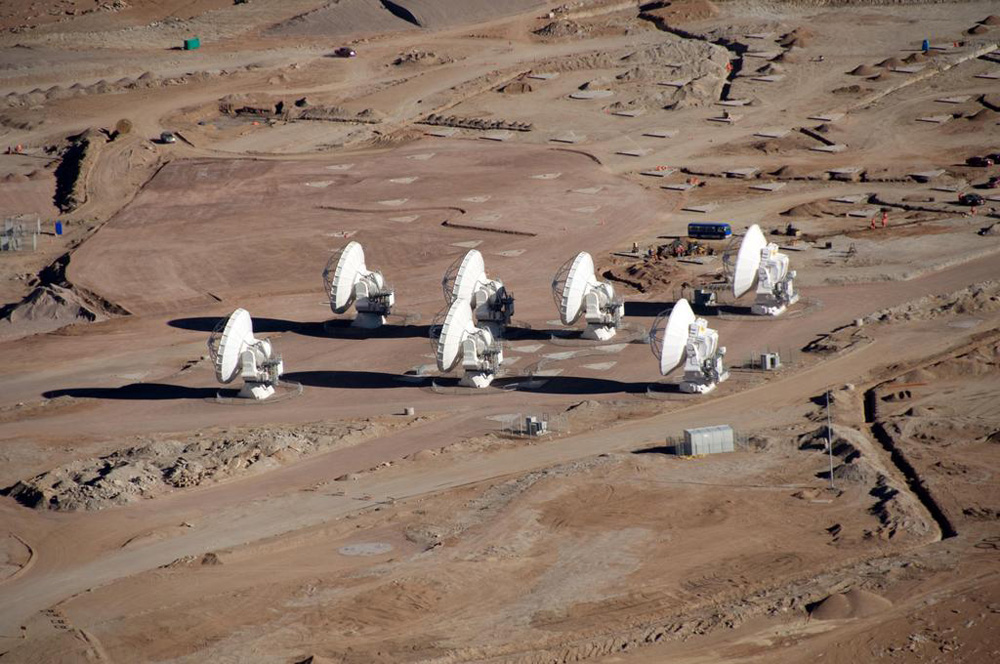
The Congress section also include a huge range of workshops for the distribution and promotion of musical productions, to create interactive videos, to build new design thinking, game design and story-telling models, also with the use of virtual reality technologies, and much more besides.
This major event will therefore be covering all aspects of the post-digital era we are living in, doing so through figures and projects that represent innovation in all its guises, selected from those initiatives that exploit the opportunities offered by technology to the full, with a proactive, experimental attitude open to collaboration, exchange and dialogue. This is an event of interest not only to professionals in the sector, but also to anyone seeking information of the state of the art of the post-digital era, the Anthropocene age. Visit the website for the updated programme in the run-up to the live event, while new features will be focusing on the other two dedicated sections, Expo Area and Live Performance.
Sónar + D, organized within The Sónar Festival, June, 16 – 18, Barcelona, Spain
images (cover 1) Sonar + D – cover (2) Brian Eno, photo by Shamil-Tanna (3) Kode9 & Lawrence Lek – The Nøtel (4) Jacob Appelbaum (5) Adam Clarke – Minecraft (6) Matt Clark – UVA (7) Semiconductor – portrait (8) Alma – Helico







































